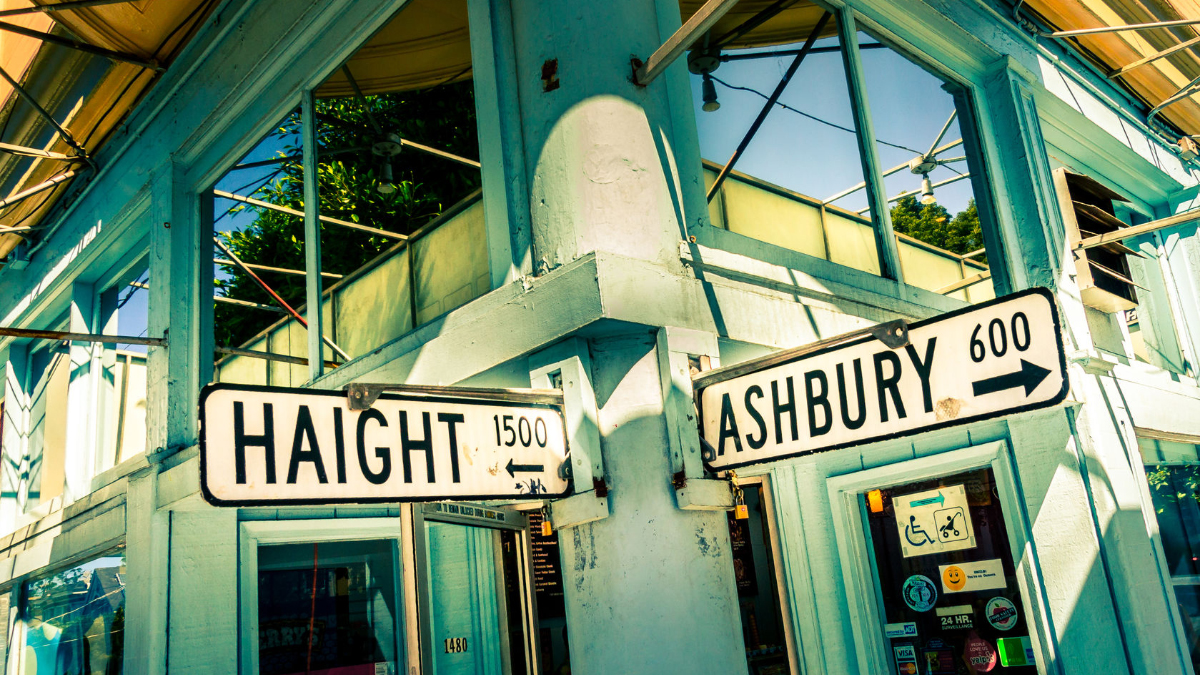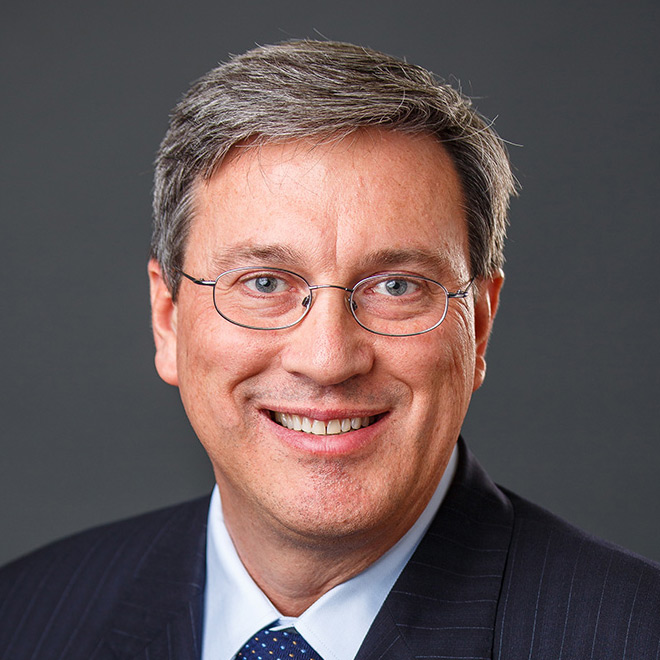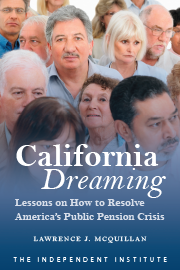Fifty years ago, during the Summer of Love, thousands of young people fled cultural norms and flocked to San Francisco’s Haight-Ashbury neighborhood. They didn’t all find what they were looking for, and the good vibes didn’t endure. But the hippies’ defiance of government holds lessons for us today.
The Haight’s flower children opposed the military draft and American meddling in foreign conflicts, especially the Vietnam War. But since 1967, the U.S. military has intervened in nearly 20 foreign conflicts—most undeclared by Congress—resulting in more than 60,000 deaths among U.S. service members. There are more than 58,300 names on the Vietnam Memorial in Washington, D.C.
Today, the government is stuck in Iraq and Afghanistan, America’s longest war, following visions of “nation building” and “regime change.” President George W. Bush’s war of choice in Iraq, based on mistaken beliefs, resulted in jihadi leader Abu Bakr al-Baghdadi, the terrorist organization Islamic State, and atrocities throughout the Middle East.
The hippies also favored more tolerant attitudes and looser drug laws. Instead, the government imposed new prohibitions. President Richard Nixon began the “War on Drugs” in 1969 as a weapon to use against antiwar hippies and African Americans. John Ehrlichman, a former Nixon aide, confessed in 1994, “We knew we couldn’t make it illegal to be either against the (Vietnam) war or black, but by getting the public to associate the hippies with marijuana and blacks with heroin, and then criminalizing both heavily, we could disrupt those communities.”
Despite the federal government’s spending more than $1 trillion on interdiction efforts, drugs remain plentiful. The war’s major accomplishment has been to bring crime, death, poverty and needless incarcerations to minority communities. Only four states have legalized recreational marijuana, which remains classified federally as a Schedule I drug with “no currently accepted medical use,” along with heroin, quaaludes, ecstasy and LSD, which California outlawed in 1966.
For good reason, the Haight hippies were also suspicious of government’s domestic meddling, favoring political decentralization and local community solutions over Big Brother’s control. But America has become more centralized since the Summer of Love.
Today, government controls 37 percent more of the nation’s output than it controlled in 1967. The number of pages in the Federal Register, a crude measure of federal regulations, has increased by 355 percent since 1967. Relatively more resources and decisions are controlled by government than by private individuals.
Government power also surged after the Sept. 11 terrorist attacks. Abuses include warrantless wiretapping, no-fly lists of people never convicted of crimes, Patriot Act overreaches, and the Talon database, a collection of information on antiwar activists. In 2011, President Barack Obama ordered the killing of a U.S. citizen, Anwar al-Awlaki, with a drone strike, which was justified with a secret 2010 memo.
The military draft ended in 1973—a victory of sorts, although draft registration continues—yet by almost any other measure, the key concerns of the Haight hippies that summer have not translated into a long-term shift in government policies to peace and personal freedom. Instead, Big Brother has grown bigger and stronger.
Half a century after the Summer of Love, resistance to government orthodoxy and the quest for personal freedom remain noble pursuits. Social problems can be tackled without government.
Peter Coyote, a founder of the Haight community action group the Diggers, said, “We thought culture is much more important than politics. Let’s just start getting people living the way they want to live.”
In 2017 and beyond, America would benefit from less politics and more reliance on individuals solving problems in their own communities.










